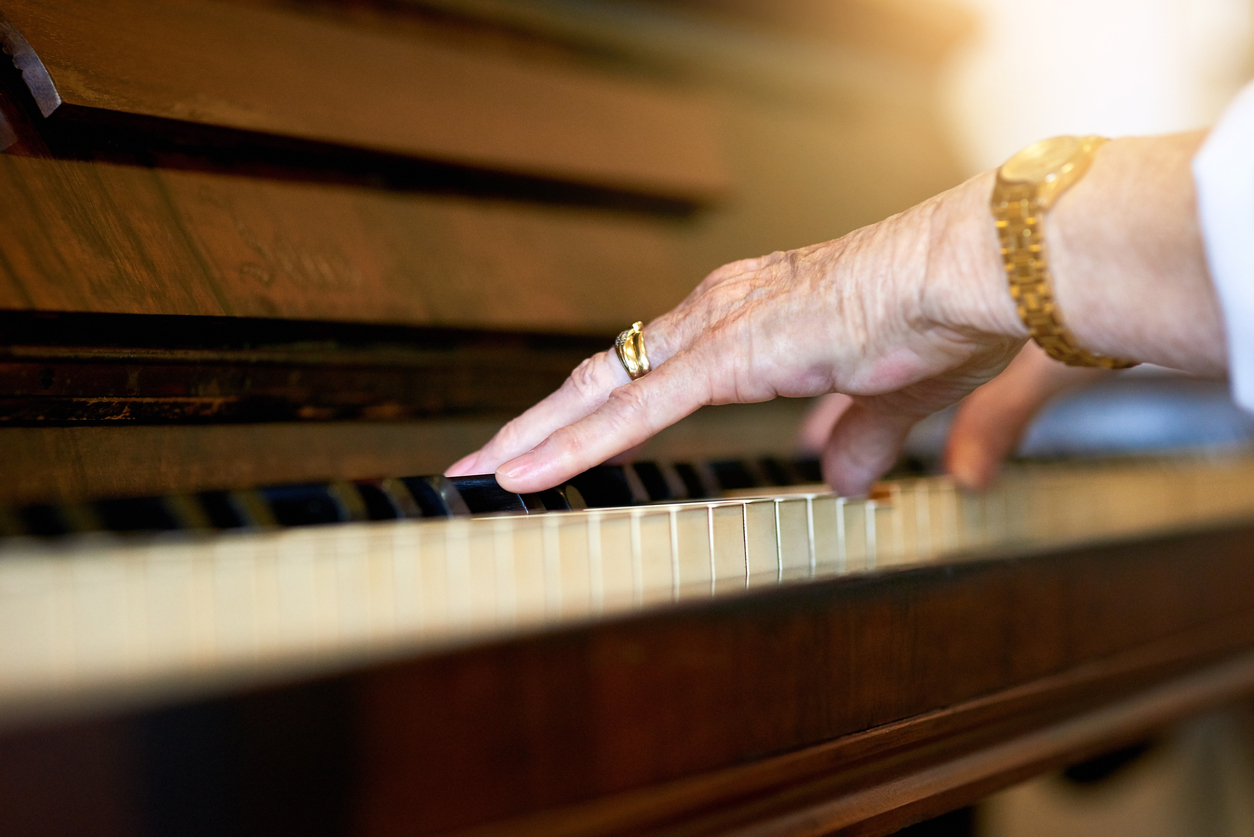
“Music is the universal language of mankind,” said Henry Wadsworth Longfellow. The philosopher Confucius believed that music was “a kind of pleasure which human nature cannot do without.” Or, as Hans Christen Anderson put it, “Where words fail, music speaks.”
For centuries, artists and philosophers have tried to put words to the way music touches our hearts and lifts our spirits. Now, scientists are doing the same.
“Music is an ancient, uniquely human activity. The oldest flutes that have been dug up are 40,000 years old, and human song long preceded that,” said Samuel Mehr, a Harvard researcher. “Every single culture in the world has music.”
Although not quite 40,000 years old, the oldest surviving melody was recorded on cuneiform tablets 3,400 years ago in ancient Syria. (You can listen to a modern reconstruction of it here.) Many of our oldest literary texts – like the epics of Homer or the Biblical psalms – were originally sung aloud, not read.
While listening to Mozart probably won’t boost your IQ, research shows that music may improve your mood, memory and even your health. Here’s how:
- The next time you need to focus, try playing some upbeat tunes. “Happy” or “energetic” music causes our brains to produce more dopamine, which promotes productivity and problem-solving skills. It can also boost creativity.
- Music’s connection to memory and emotion – especially a therapy for dementia patients and those with head injuries – is well-known. But it can also improve your memory in daily life, the BBC reports: “Neuroscientists have analyzed the brain mechanisms related to memory, finding that words set to music are the easiest to remember.”
- Feeling stressed? You probably don’t need a study to tell you that music is great for relaxing, but it can also be good for your health. Listening to a favorite song stimulates endorphins or “happy hormones,” which boost your mood, lower blood pressure and reduce pain. Plus, music increases immunoglobulin, which protects against infections.
- Listening to music is sure to lift your spirits, but making music can double the benefits. Singing along to your favorite tunes can cheer you up, soothe your nerves, and help you relax. Plus, it promotes good posture and can improve your lung capacity over time. The best part? It doesn’t matter whether you’re in tune or off key – just that you’re having fun.
While you may not be able to sing in a choir or attend a concert right now, you can still benefit from filling your life with music. Sing in the shower, tune into a livestreamed concert, or queue up a playlist on Spotify or Pandora – it’s a surefire way to brighten your day.
From the elegant Glenridge Performing Arts Center to the talented entertainers featured in the Glenridge Speaker Series, music and art are cornerstones of The Glenridge’s culture. To learn more about what life is like at The Glenridge on Palmer Ranch, contact our Life Planning Team here, or give us a call at 941-552-5338 to set up your virtual appointment.
For the latest news about our new Northside neighborhood, or to browse floor plans and renderings, visit our expansion site today. You can also visit our other blog posts or find us on Facebook. We look forward to hearing from you!
